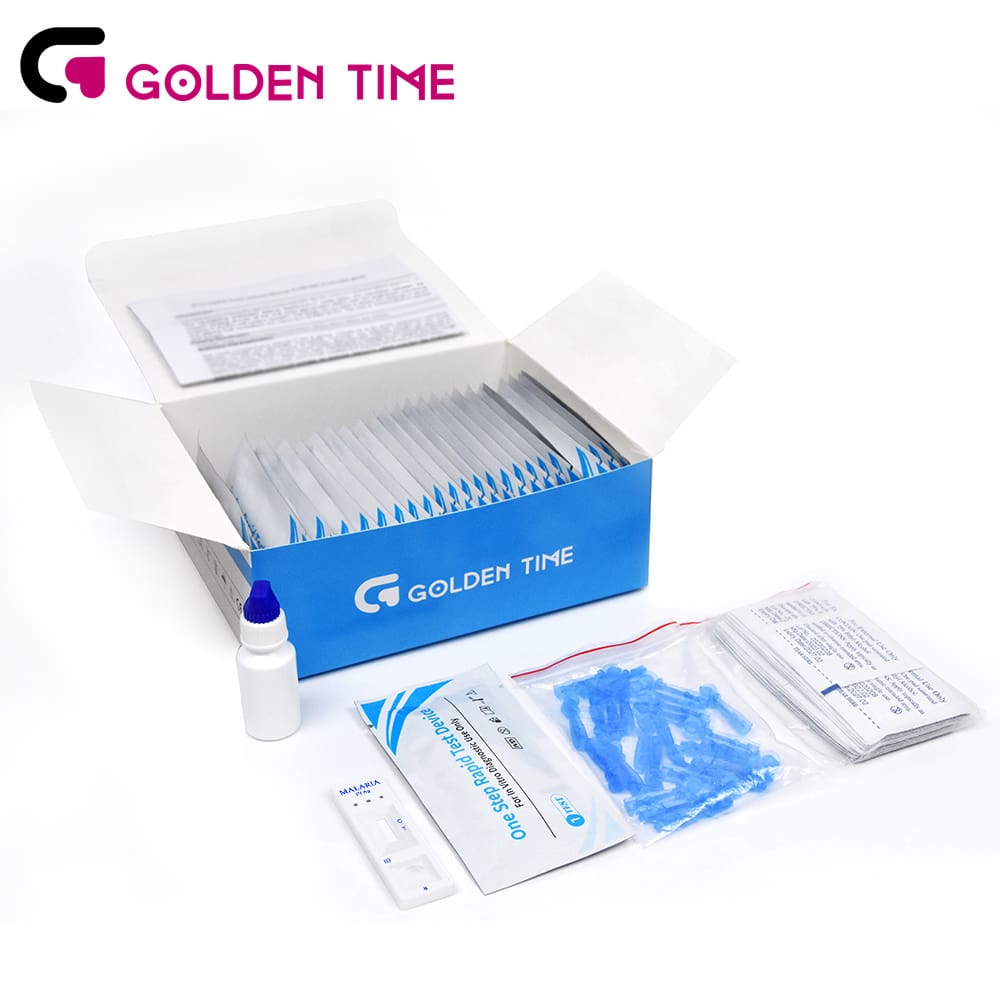Aug . 13, 2024 01:56 Back to list
Exploring the Importance of At-Home COVID-19 Testing for Personal Health and Safety
The Importance of Self-Testing for COVID-19
The COVID-19 pandemic has profoundly affected every aspect of our lives, highlighting the critical importance of public health measures in mitigating the spread of the virus. One of the key strategies in controlling outbreaks has been the implementation of regular testing, particularly self-testing for COVID-19. Self-tests allow individuals to check their health status easily and effectively, playing a pivotal role in the management of the pandemic.
The Importance of Self-Testing for COVID-19
The rise of self-testing is particularly significant given the challenges associated with traditional testing methods. Prior to the widespread availability of at-home tests, individuals often had to wait in long lines at testing centers, which not only consumed time but also increased the risk of virus transmission in crowded settings. Self-tests empower people to take control of their health without the need for health care facility visits, thus reducing the strain on medical resources and allowing healthcare systems to focus on those who require immediate medical attention.
self test covid 19

Another important aspect of self-testing is its role in encouraging individuals to regularly monitor their own health. Many people may not exhibit visible symptoms of COVID-19 but can still be carriers of the virus. Regular self-testing can help identify asymptomatic cases, allowing those individuals to take appropriate precautions such as self-isolating or seeking further testing. This proactive approach not only protects the individual but also contributes to the safety of the community.
Despite the benefits, there are some challenges and misconceptions surrounding self-testing for COVID-19. It is essential for users to understand how to perform the tests correctly to ensure accuracy. Improper techniques can lead to false-negative results, thereby inadvertently allowing individuals to spread the virus. Health authorities recommend that individuals follow the instructions provided in the testing kit carefully and, when in doubt, seek confirmation through laboratory testing.
Moreover, some individuals may underestimate the importance of self-testing and view it as unnecessary, especially if they do not exhibit symptoms. However, public health experts emphasize that without regular checking, the risk of unknowingly spreading the virus remains high. The collective effort of individuals testing regularly can significantly curb outbreaks and protect vulnerable populations.
In conclusion, self-testing for COVID-19 is an essential tool in the ongoing effort to combat the pandemic. It empowers individuals to take responsibility for their health and the health of those around them. By making testing accessible and encouraging regular use, we can create a safer environment for everyone. While self-tests are not a replacement for vaccinations or other public health measures, they are a vital complement to overall strategies aimed at controlling the virus's spread. As we continue to navigate through these challenging times, promoting the use of self-testing will remain crucial in our fight against COVID-19.
-
Dengue NS1 Rapid Diagnostic Test Kit
NewsMar.07,2025
-
Dengue NS1 Rapid Diagnostic Test Kit
NewsMar.07,2025
-
Dengue NS1 Rapid Diagnostic Test Kit
NewsMar.07,2025
-
Transferrin Rapid Test Cassette Tumor Marker TF Card
NewsMar.07,2025
-
Malaria Pf Pan Rapid Diagnostic Test Kit
NewsMar.07,2025
-
malaria pf / pan ag rapid test
NewsMar.07,2025

